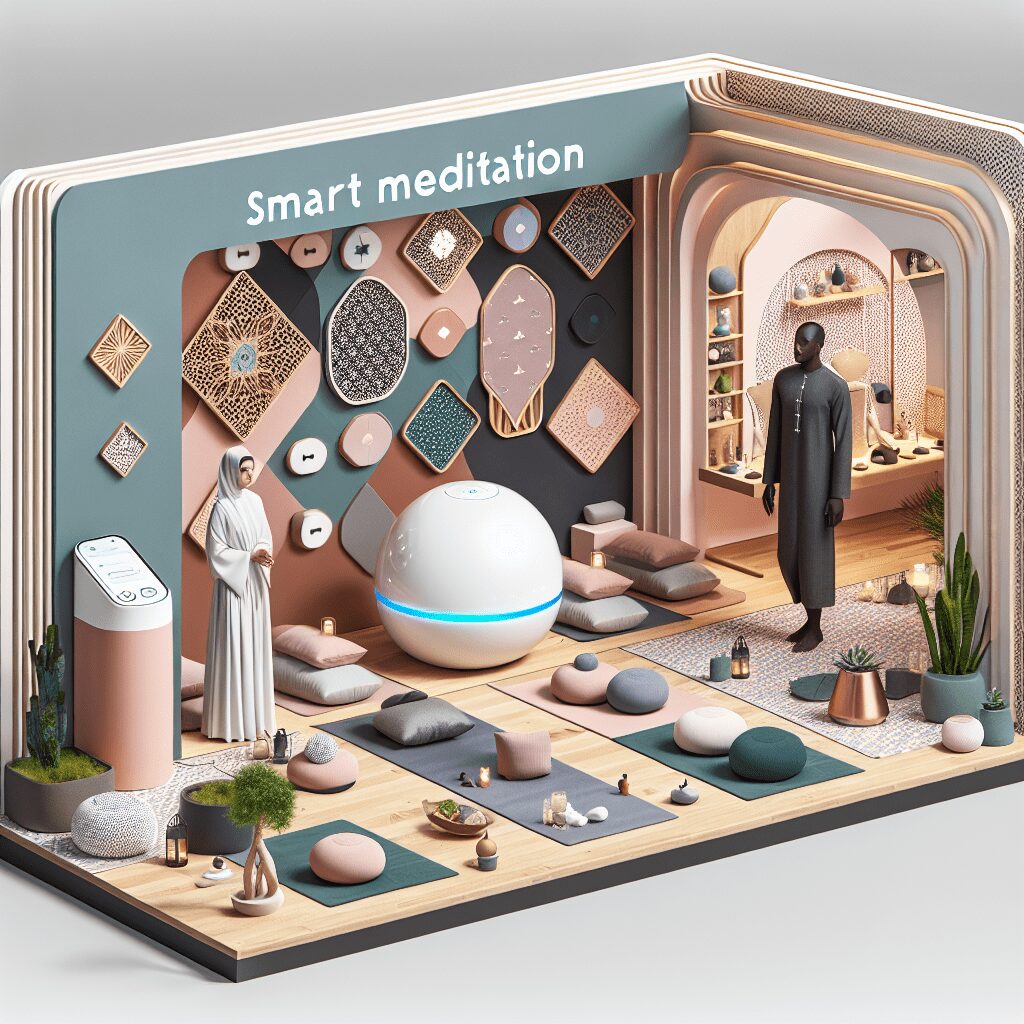
Prioritize your mental well-being daily. Enhance your life by nurturing your mental health with the Smart Meditation app. Break free from stress, alleviate anxiety, and enhance your sleep quality starting today.
Can Antidepressants Make You Hallucinate?
The Mind-Bending Effects of Antidepressants
In the maze of mental health treatments, antidepressants stand as landmarks for navigating through the foggy territories of disorders like depression and anxiety. But there’s this peculiar question that often pops up, buzzing around like an insistent fly: Can antidepressants make you hallucinate?
A Glimpse into the Psychedelic Side Effects
Let’s cut to the chase—yes, antidepressants can, in rare instances, cause hallucinations among other side effects. But before you bolt, hear this out. It’s not a one-size-fits-all scenario. The brain is a complex organ, and tweaking its chemistry can occasionally send you on a trip you didn’t plan. This side effect is mostly associated with a specific group in the antidepressant family tree, known as tricyclic antidepressants (TCAs).
However, it’s crucial to underline that seeing or hearing things that aren’t there (hallucinations) is a relatively rare dish served by these drugs. Most folks prescribed antidepressants will tell you their experience is as bland as airplane food—effective but uneventful. But like any potent recipe, the outcome can vary wildly depending on who’s dining.
Navigating the Hallucinatory Hurdles
If your antidepressant starts sending you signals from Mars, it’s a red flag waving frantically. Here’s what you should do:
- Don’t Hit the Panic Button: Easier said than done, right? But keeping calm helps you better assess the situation. It’s not an express ticket to Looneyville.
- Consult Your Doc ASAP: This isn’t the time for self-medication or internet doctorates. Your real doctor can tweak your meds or dosages, bringing you back from your unintended mental vacation.
- Spill the Beans: Be honest about your experience. Mention any other substances you’re on, as they can sometimes crash the antidepressant party, causing uninvited side effects.
- Keep a Log: Document what you’re experiencing. It can help your healthcare provider navigate the murky waters of your symptoms and adjust your treatment accordingly.
Now, for the burning question: why does this happen? In the casino of chemicals that is our brain, antidepressants aim to increase neurotransmitters like serotonin and norepinephrine. These chemicals are VIPs in the mood regulation game. However, in the flurry of activity, sometimes the signals get crossed, and you start seeing or hearing the unseeable and unhearable.
Wrapping It Up with a Bow of Caution
Hallucinations on antidepressants are like finding a needle in a haystack—a rare and unusual side effect that catches most by surprise. However, with the right approach and immediate consultation with your healthcare provider, this curveball can be managed effectively.
Remember, the journey to mental wellness is a marathon, not a sprint. Sometimes, you hit a roadblock, but with proper guidance, you’ll get back on track. And hey, isn’t the human brain an electrifying mystery? Always keeps us on our toes, doesn’t it?




